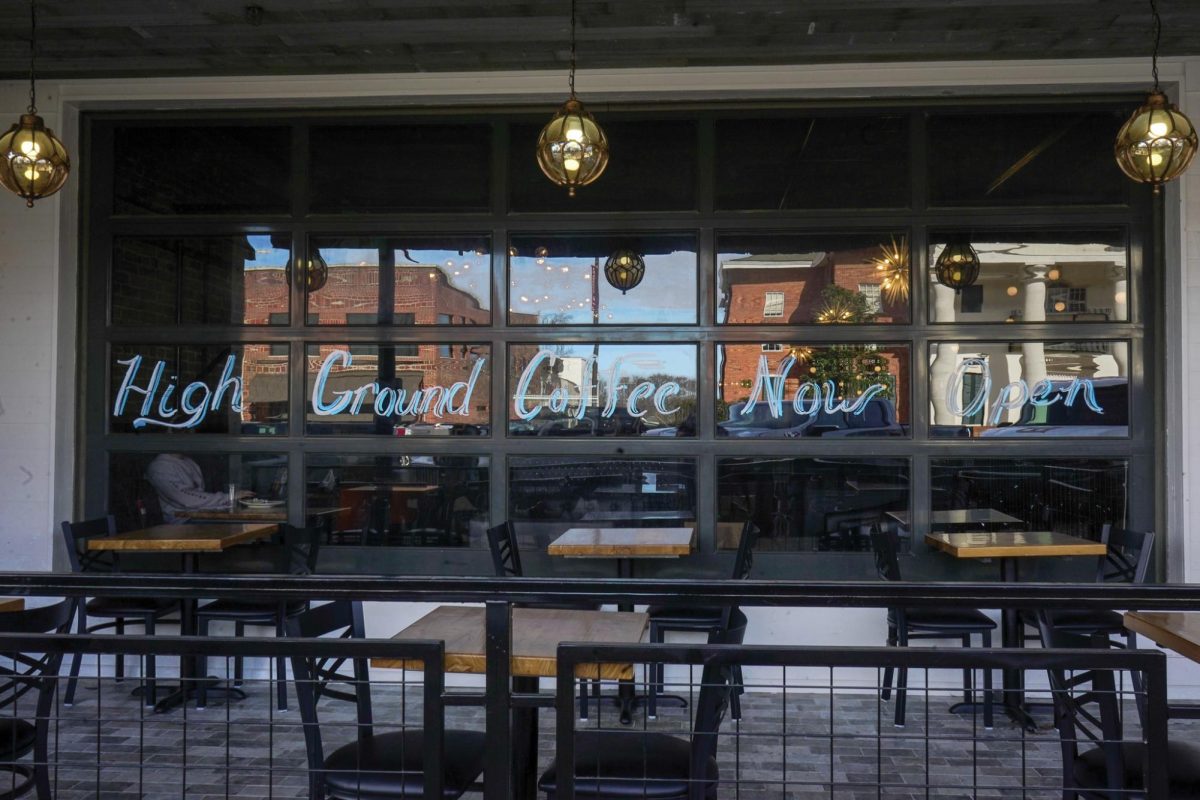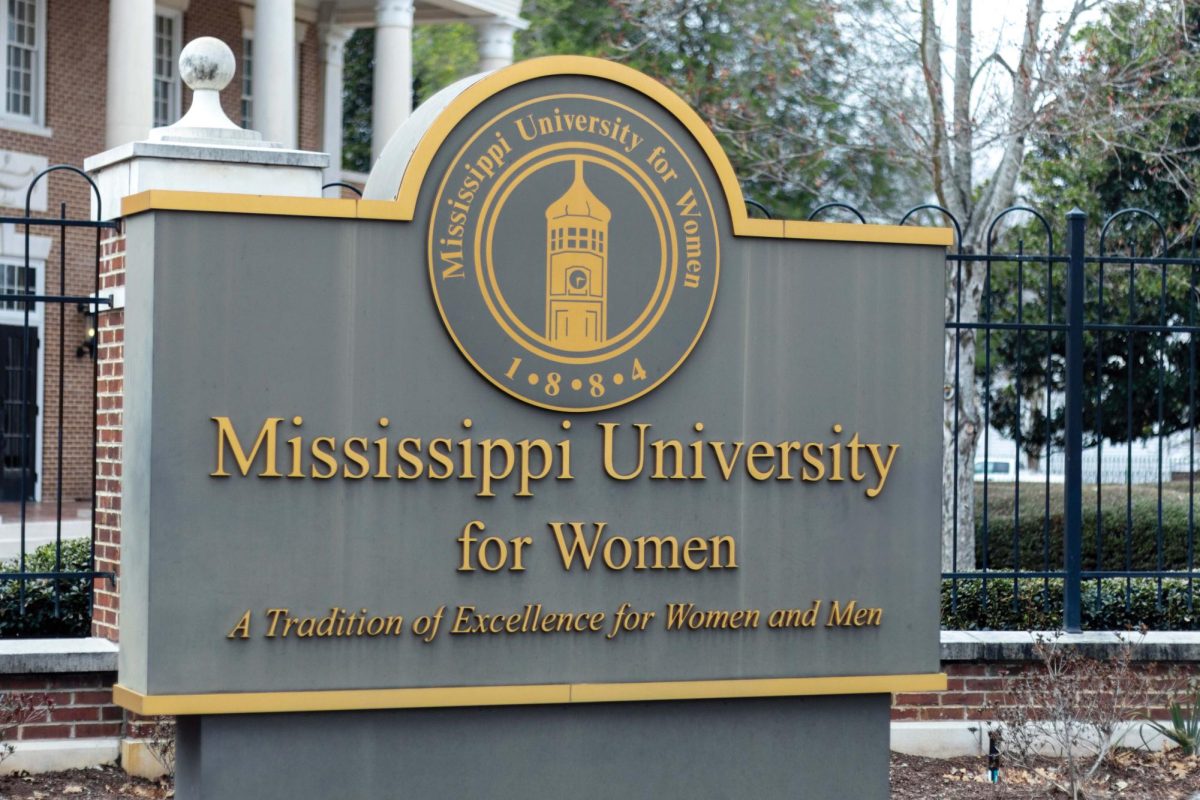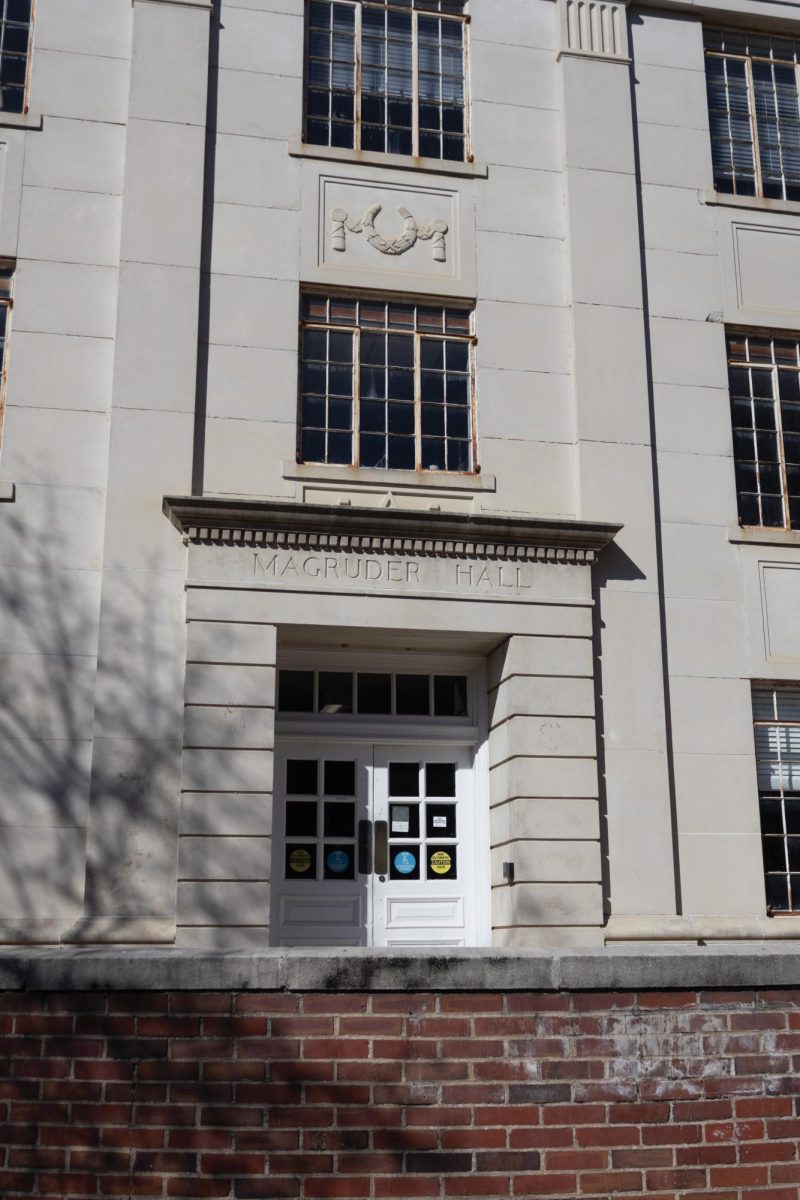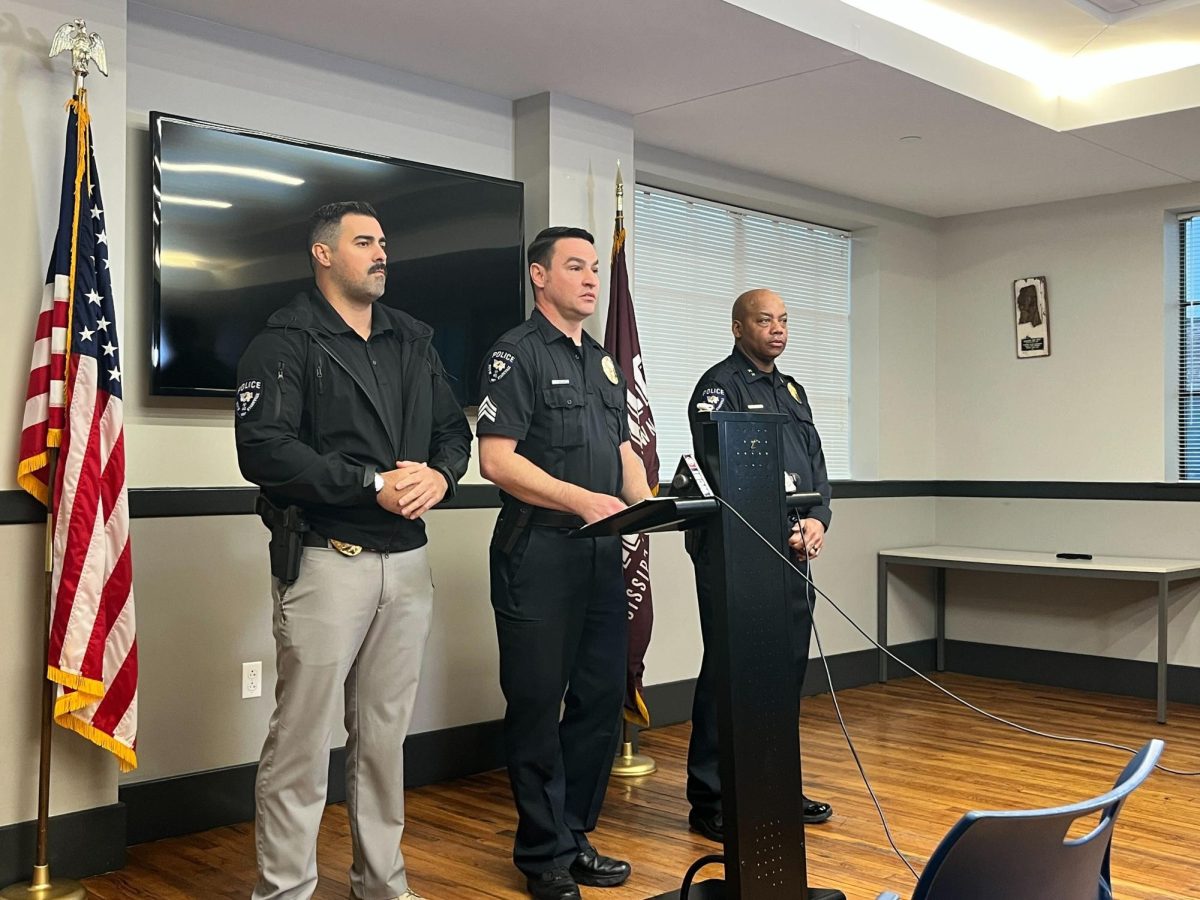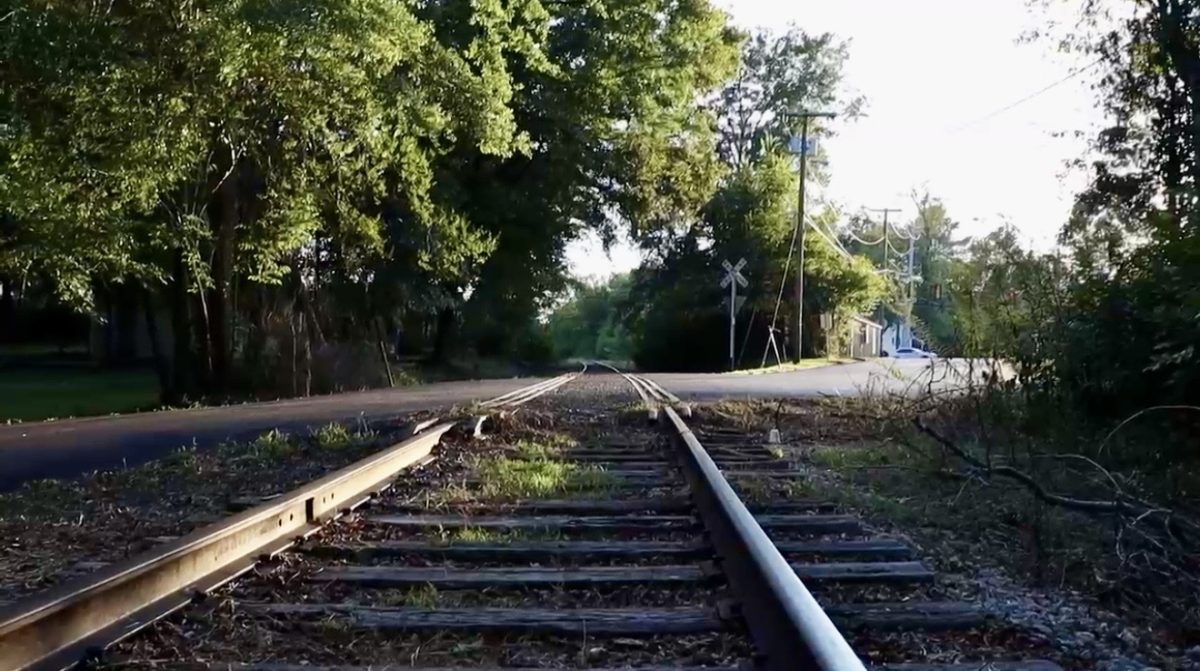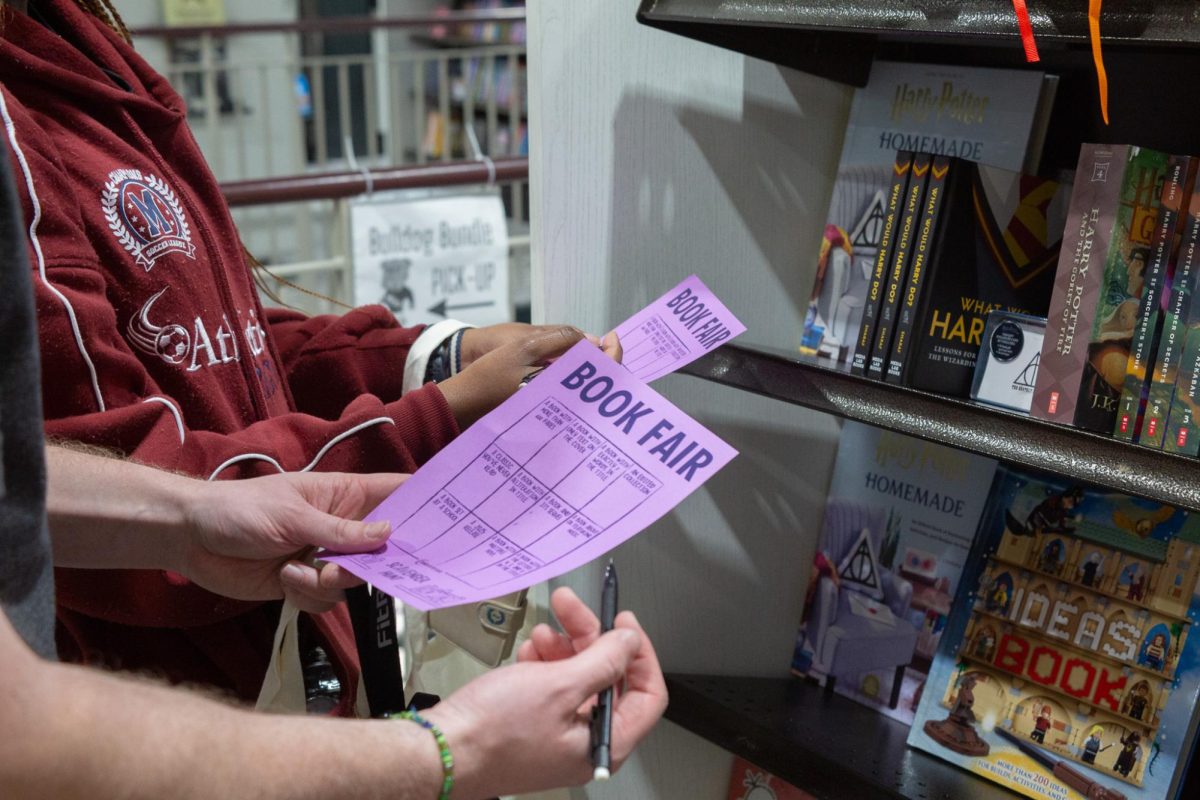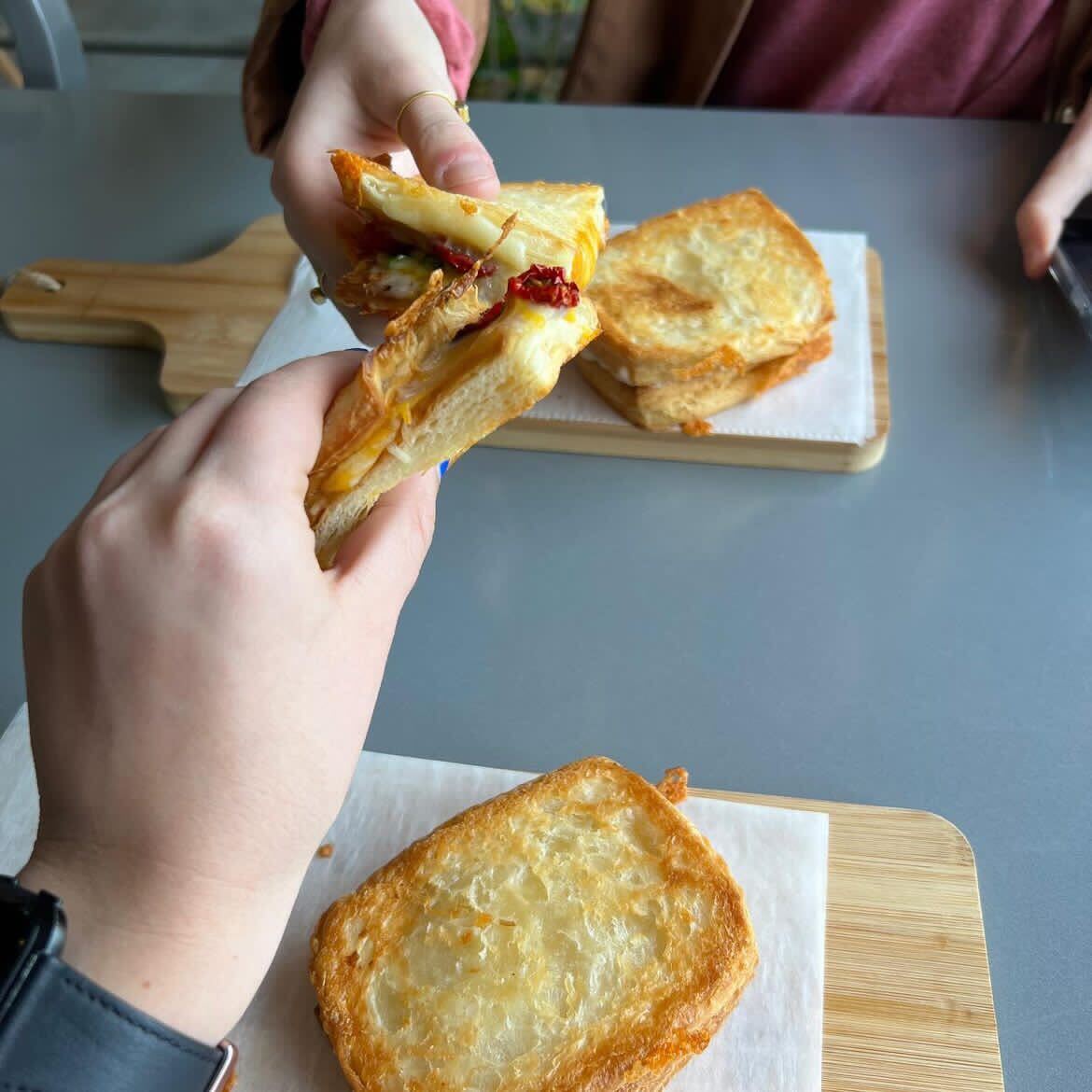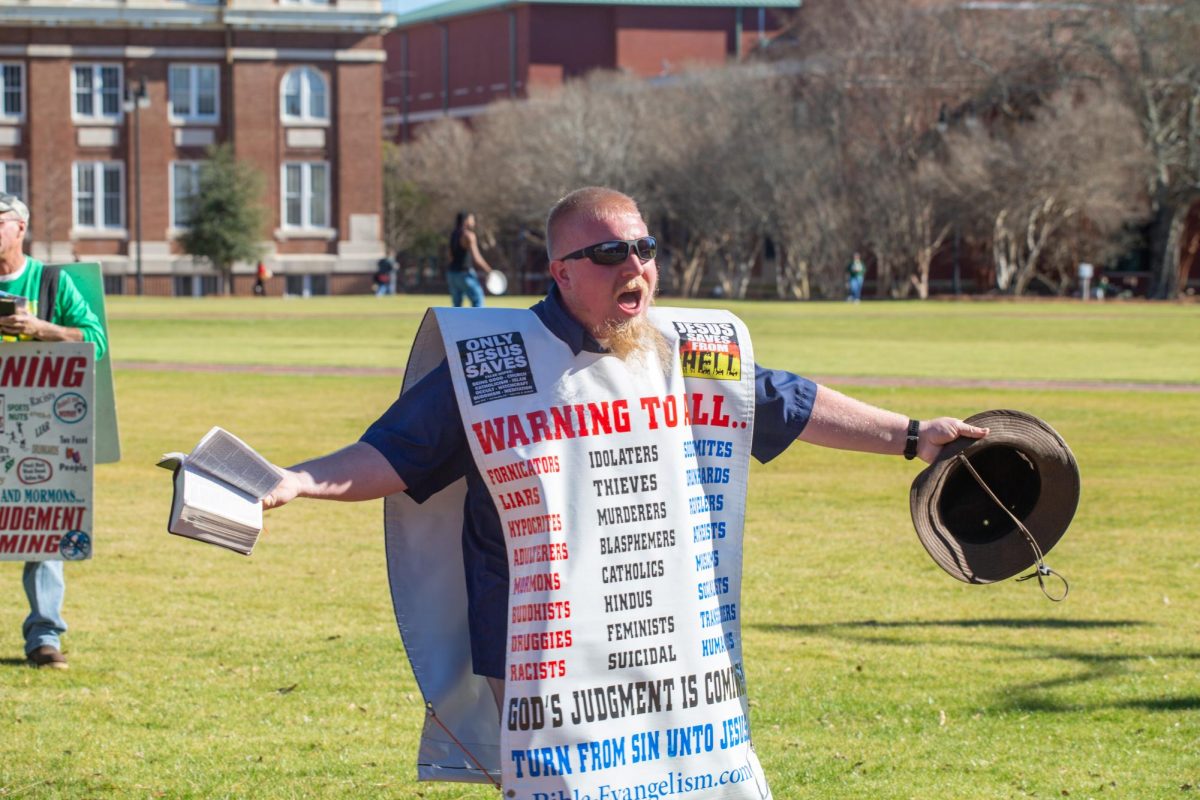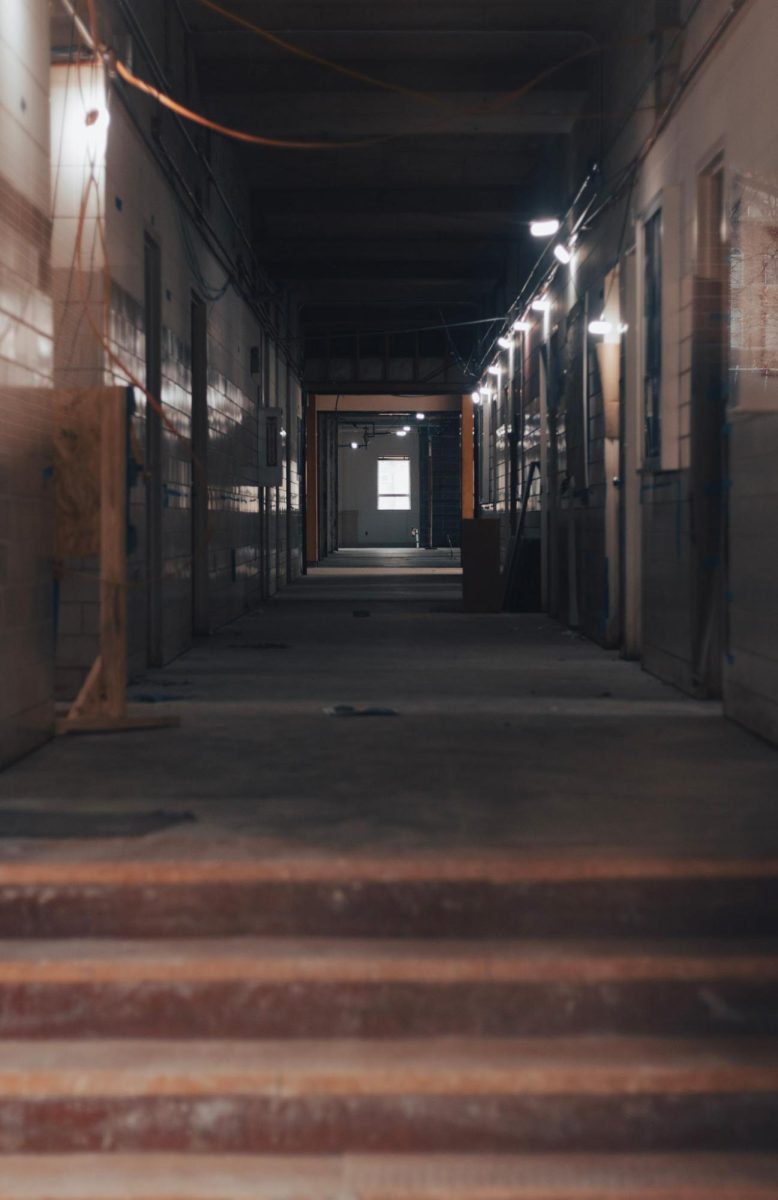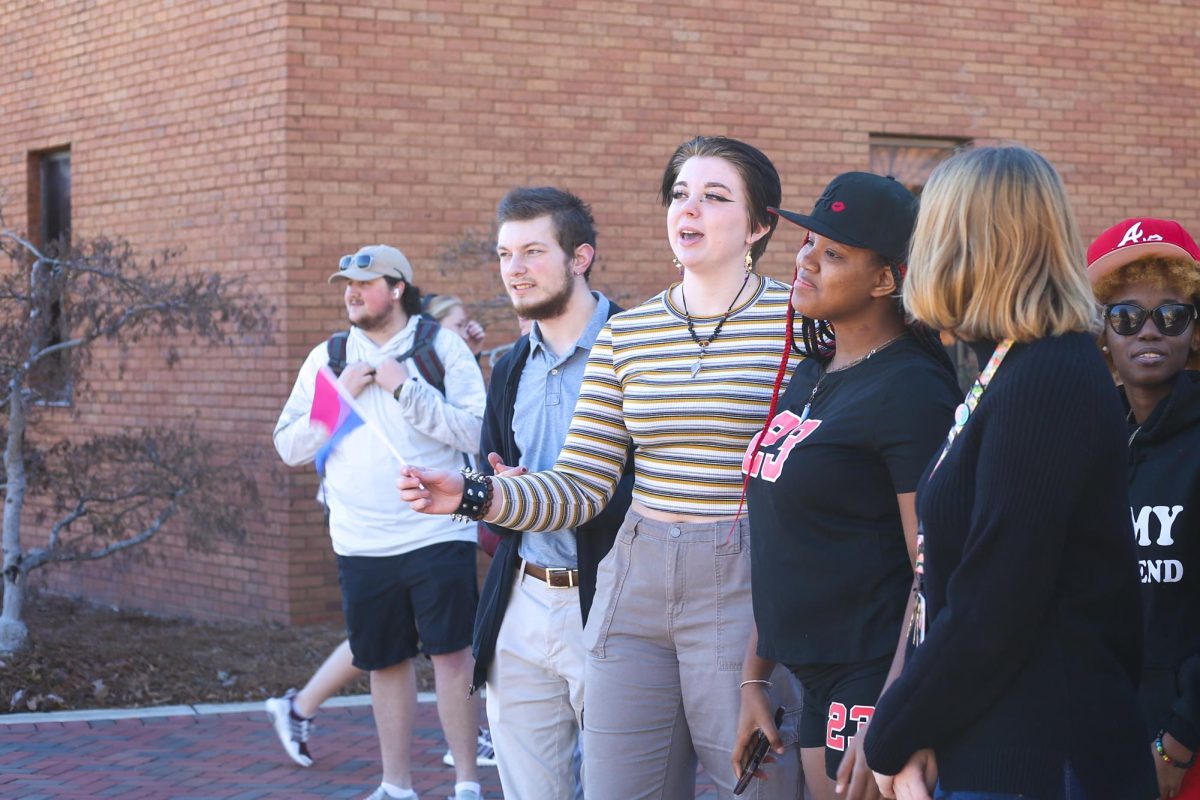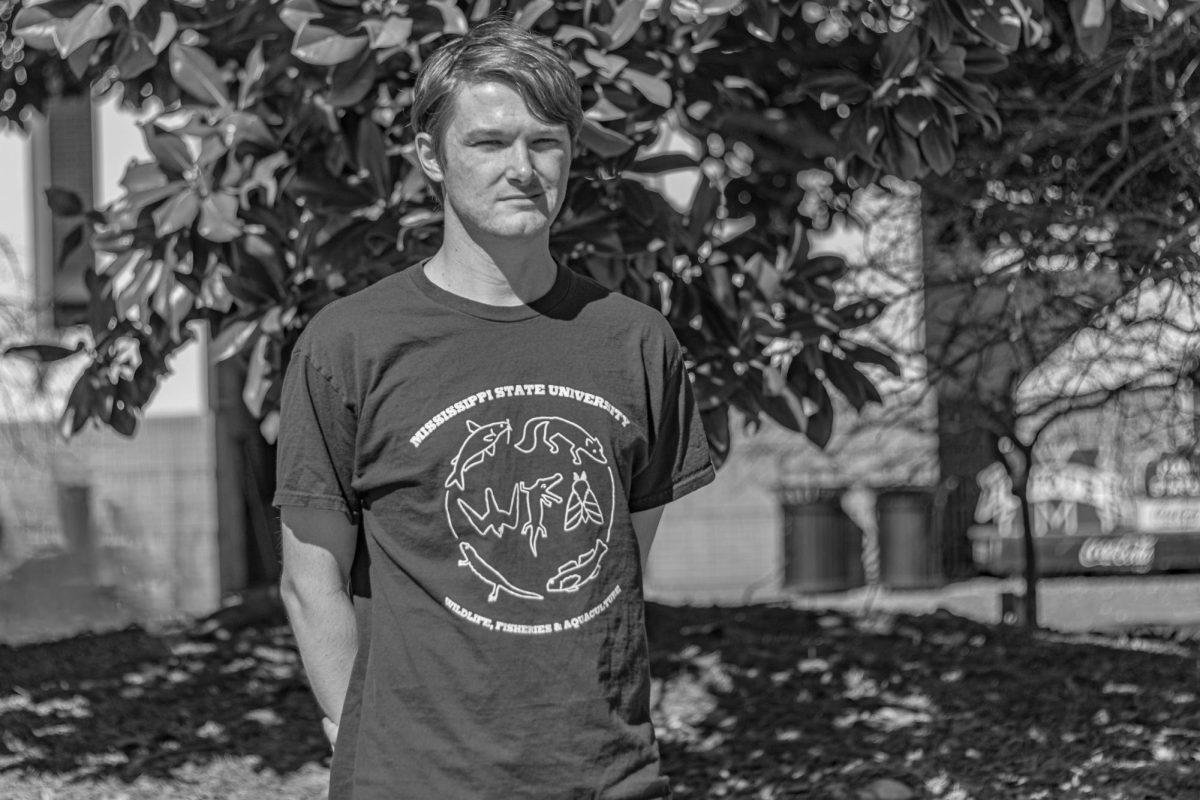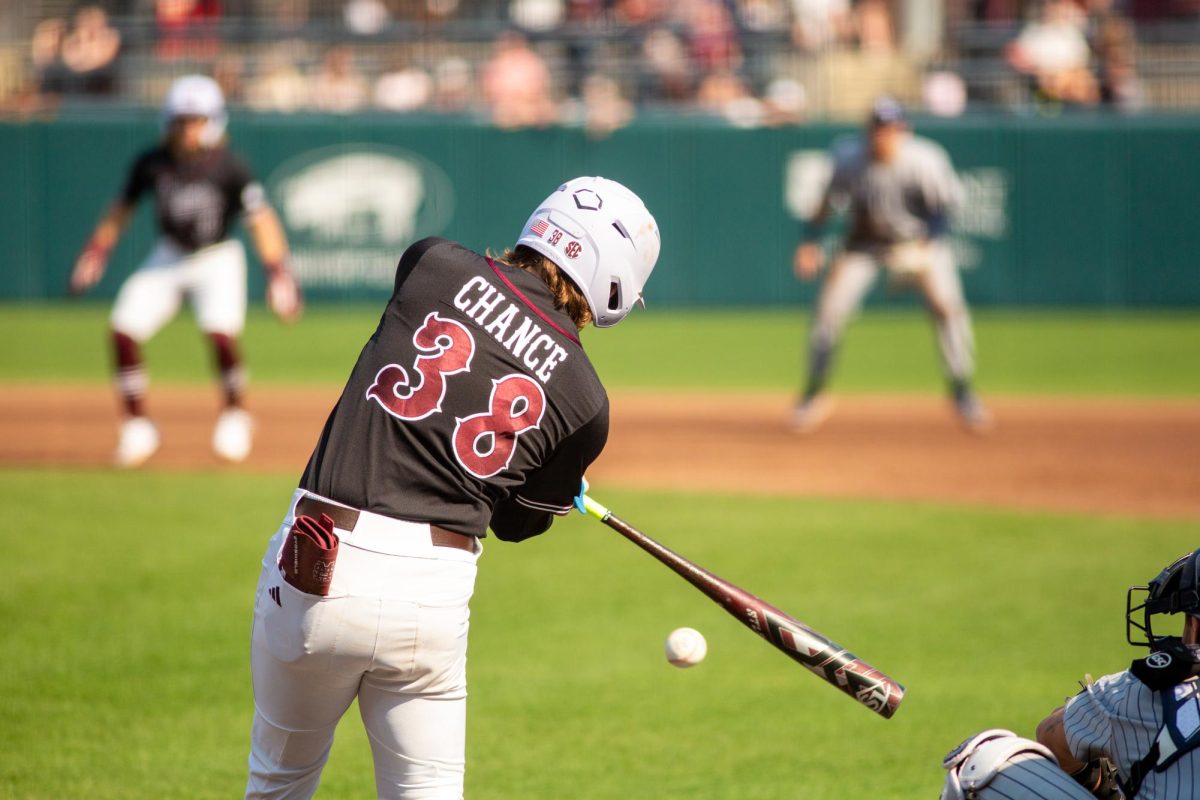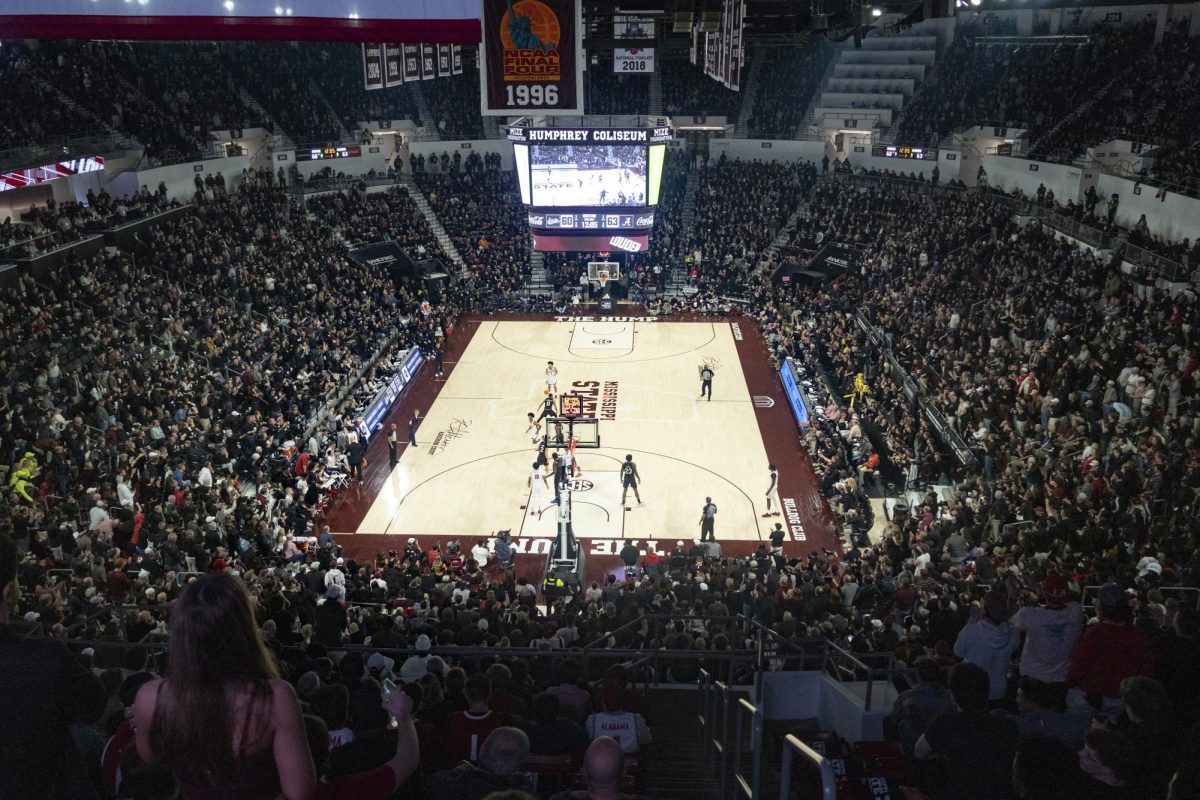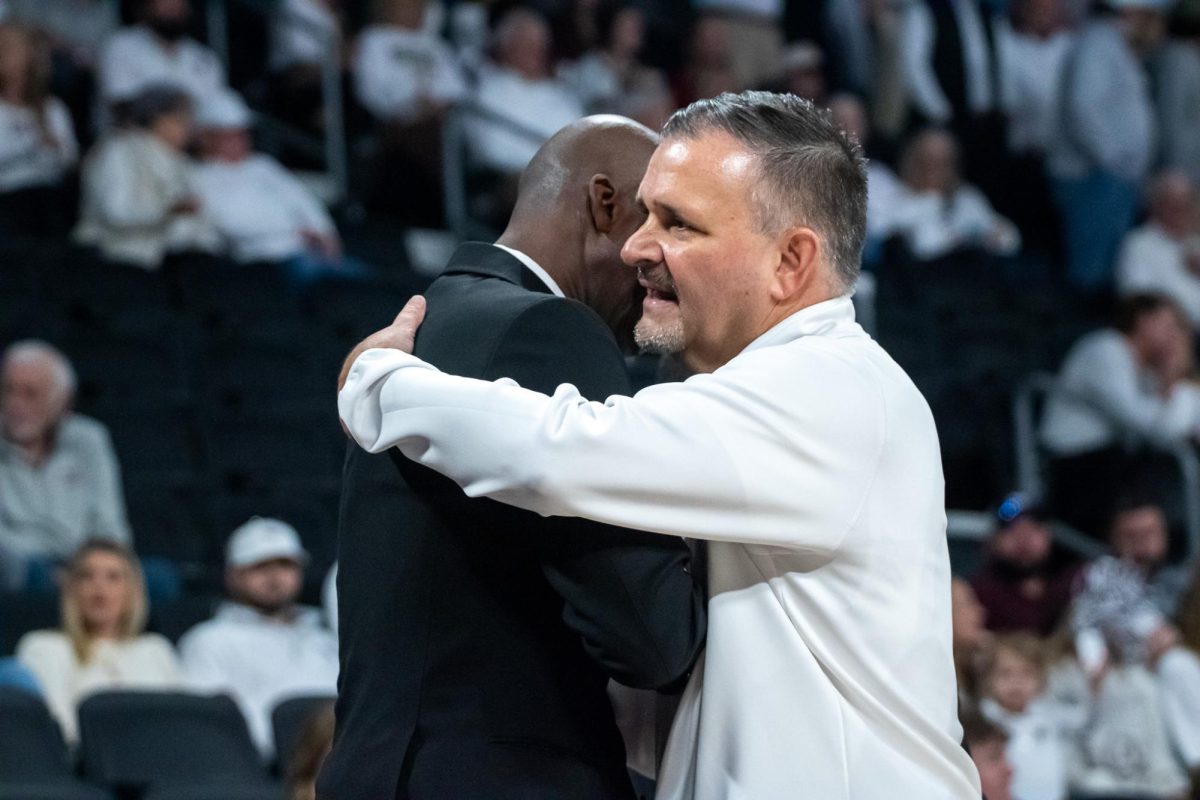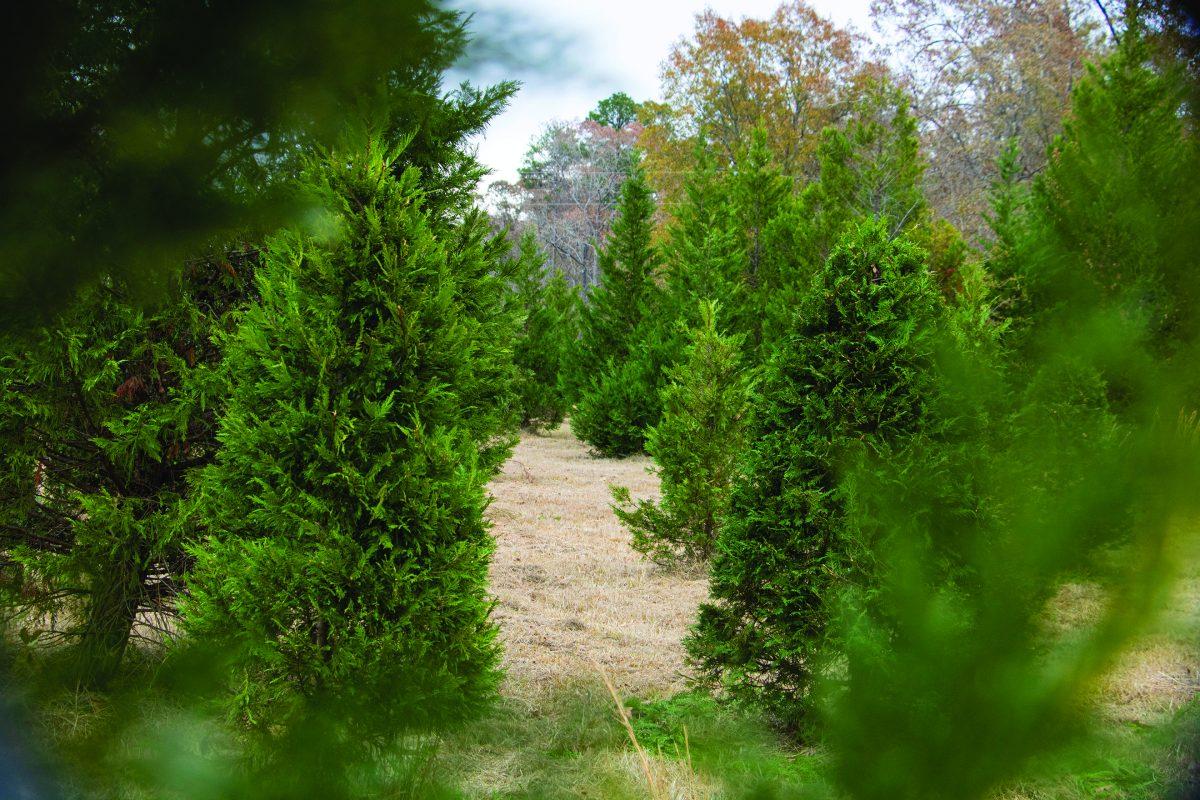This holiday season, Mississippi Christmas tree farmers are thriving despite high demand following a nationwide tree shortage. In order to meet the demand, Mississippi farmers have taken matters into their own hands with local choose-and-cut farms instead of the typical shipment of Fraser Firs from North Carolina.
In recent years, the supply of Fraser Firs grown and shipped out of North Carolina has drastically dropped. As a result of the economic recession in 2008, farmers had a small demand for trees and, in turn, planted less. The firs take about 10 years until they are ready for sale. As a result, the supply has not been able to meet today’s demand, Dalvin Brown of USA Today reported.
Because of this, many Southern farmers have started to plant locally suited alternatives to the Fraser Fir. According to John Kushla, Mississippi State University Extension and Research professor, there has been widespread success with using the Leyland cypress as a substitute because of its heat resistance.
“We have a hotter climate so the species we grow around here are adapted to that hotter climate,” Kushla said. “One of the most popular species that is grown is the Leyland cypress and these trees have become much more widely planted in the South over the last five to 10 years on Christmas tree plantations.”
The Leyland cypresses are not without their own challenges, as they often exhibit problems with diseases, Kushla said.
“Although the tree has adapted to our warm climate, it is susceptible to fungal infections in the spring. It takes a while for the disease to show and Christmas tree growers are usually having to spray fungicides on a regular basis to prevent manifestation of that disease,” Kushla said.
Farmers have found other ways around the disease by using a different variety of the tree and having additional irrigation during hotter seasons, Kushla said.
“There is a different variety of the Leyland called the Murray cypress which shows a much greater disease resistance and because of this some growers have backed off doing as much spraying and haven’t seen as much disease,” Kushla said. “Farmers have also been doing drip irrigation on their plantations. During the hot and dry weather, they can irrigate the Christmas tree crop, which reduces the stress level on the trees and lowers the disease incidence.”
Despite a national shortage, Mississippi farmers have been able to find success growing their own trees. This is evident in many local farms, such as Worthey Tree Farm in Amory, Mississippi. Lowell Worthey, owner and operator of the farm, said this year has been a great year for growing.
“We have had a good year for growing the Leylands, but we did have some drought problems a couple months ago,” Worthey said. “You have to water these trees and take care of them and we definitely have to deal with disease, but we try our best to prevent it. The best defense is a good offense. We spray early in the year, every 21 days with fungicides in order to prevent it. Because of this, we have had a real good year.”
Michael May, owner and operator of Lazy Acres Farm in Chunky, Mississippi, said the value of buying locally, buying trees from choose-and-cut farms offers more of a family experience than buying pre-cut trees.
“The great thing about being a choose-and-cut farm is that we can offer a unique experience of atmosphere and activities,” May said. “We offer many different things besides just getting a tree, like a Christmas light show or meeting Santa. There is a lot more you’ll find as far as a family experience when you go to a choose-and-cut farm.”

